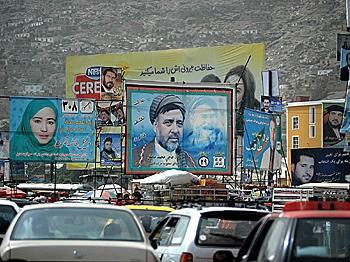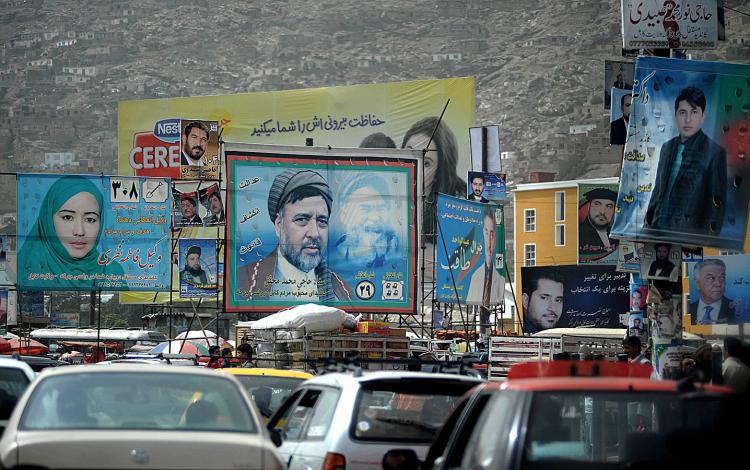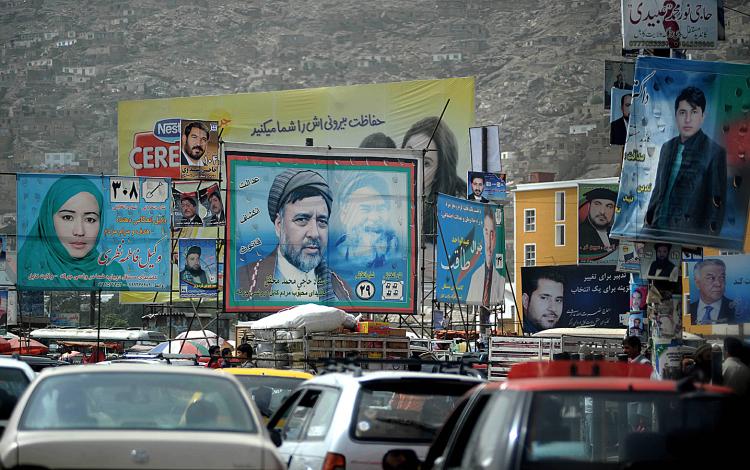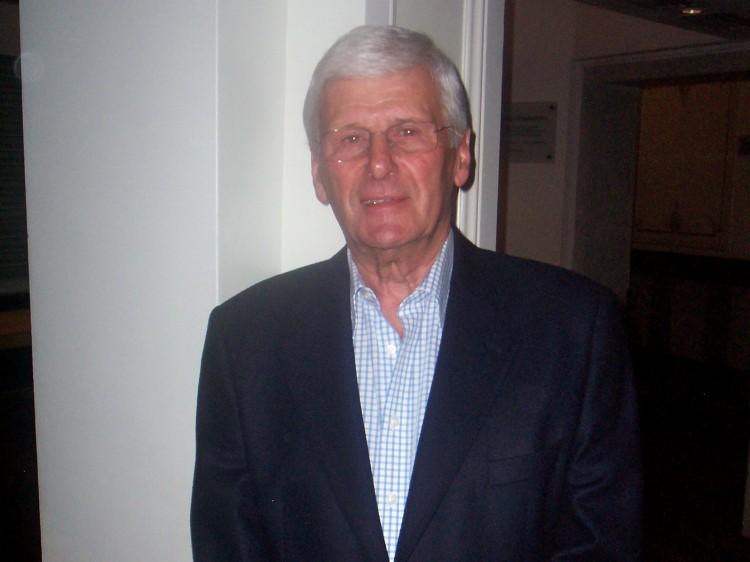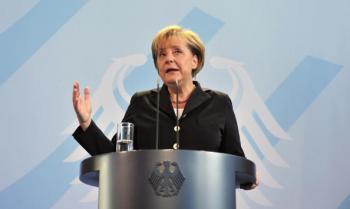In recent months, a kind of involuntary gathering of politicians has evolved in Kabul. The pre-election streets of Kabul, photographed by Kabul Press, are flooded with the faces of political posters ahead of the Sept. 18 poll.
Currently, a total of 664 politicians are living and campaigning in Kabul. But the candidates are not as self-assured as they appear on their billboards, faces radiating confidence, trustworthiness, and prosperity. More and more politicians are moving to live in Kabul year round out of fear of the rising violence outside the capital region.
The current situation in Kabul is unique in the city’s history. Pictures promoting the 664 candidates are clogging the roadsides with different faces every few inches, even on top of each other, making it nearly impossible to find the same candidate twice among the candidate collage.
To date, the deaths of four candidates and fourteen campaign workers, due to Taliban insurgents, have been confirmed over the last months. Because of security concerns, about 15 percent of polling stations will remain closed for the elections on Sept. 18, the Afghanistan Independent Election Commission announced.
The lawlessness in the provinces has increased to such an extent that many politicians do not visit the regions they represent in parliament even to campaign before the elections. Najia Almaq, a female member of parliament from Baghlan Province, commented to Time Magazine, “It’s far too dangerous to be out in public now, so I am forced to find other ways to reach my people.”
Baghlan is a province in the north of Afghanistan where some of the worst violence has taken place in last year’s presidential election.
Currently, a total of 664 politicians are living and campaigning in Kabul. But the candidates are not as self-assured as they appear on their billboards, faces radiating confidence, trustworthiness, and prosperity. More and more politicians are moving to live in Kabul year round out of fear of the rising violence outside the capital region.
The current situation in Kabul is unique in the city’s history. Pictures promoting the 664 candidates are clogging the roadsides with different faces every few inches, even on top of each other, making it nearly impossible to find the same candidate twice among the candidate collage.
To date, the deaths of four candidates and fourteen campaign workers, due to Taliban insurgents, have been confirmed over the last months. Because of security concerns, about 15 percent of polling stations will remain closed for the elections on Sept. 18, the Afghanistan Independent Election Commission announced.
The lawlessness in the provinces has increased to such an extent that many politicians do not visit the regions they represent in parliament even to campaign before the elections. Najia Almaq, a female member of parliament from Baghlan Province, commented to Time Magazine, “It’s far too dangerous to be out in public now, so I am forced to find other ways to reach my people.”
Baghlan is a province in the north of Afghanistan where some of the worst violence has taken place in last year’s presidential election.
